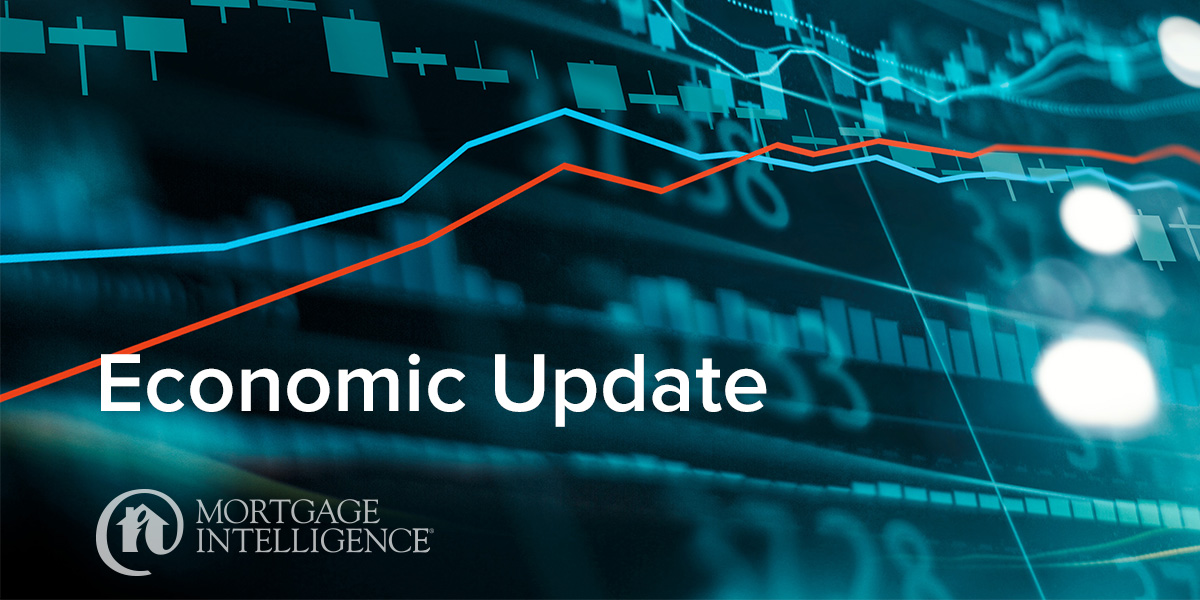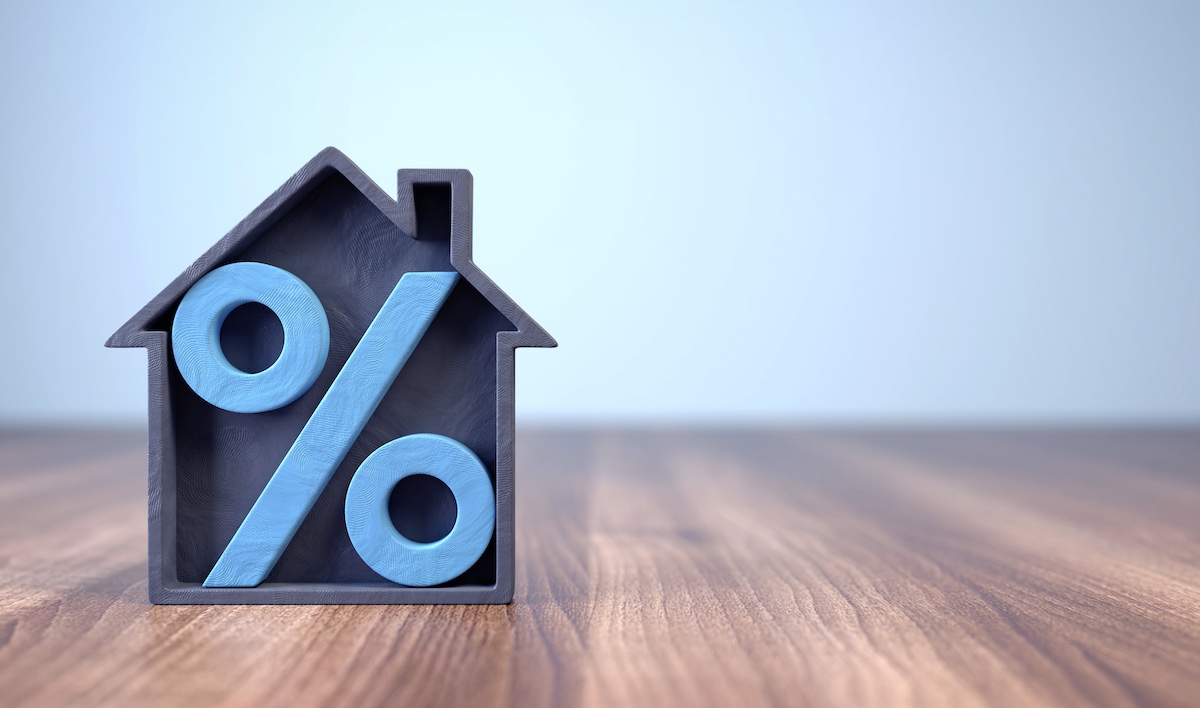Practical Tips for First-time Home buyers
For most people, homeownership is the ultimate financial goal. After all, your home is likely to be your biggest financial asset and the cornerstone of your financial plan. If you’re already a homeowner, you likely remember the feeling of achieving your first home – excitement, happiness, pride. Although first-time buyers today are facing a much tougher road to homeownership than their parents or even older siblings did, the pursuit of this financial goal is still a top priority for many, despite the challenges.
Here are some helpful tips for first-time buyers:
1 – Take advantage of all the first-time homebuyer incentives offered by Federal and Provincial governments.
Federal programs:
- The new First Home Savings Account (FHSA) is designed to help first-time homebuyers save for a home tax-free. Annual contributions up to $8,000 (maximum $40,000 lifetime contribution) are tax-deductible, up to $8,000 of unused contribution room can be carried forward, and any gains accumulated in the plan are tax-exempt. Read our previous article about the FHSA. Withdrawals from an FHSA are tax-free, provided the funds are used to purchase a qualifying home, and can be combined with the Home Buyer’s Plan.
- The Home Buyers’ Plan (HBP) allows first-time homebuyers to borrow up to $35,000 from their RRSP to buy a home.
- The First-Time Home Buyers’ Tax Credit allows first-time homebuyers to claim $10,000 on personal tax returns, resulting in a maximum $1,500 rebate.
Provincial programs:
- In Ontario, British Columbia, and Prince Edward Island, first-time homebuyers may be eligible for a refund of all or part of their land transfer tax. The city of Toronto also offers first-time buyers a land transfer tax rebate up to a maximum of $4,000 for homes greater than $368,000.
- The GST/HST New Housing Rebate provides financial relief on newly built housing. The rebate is equal to 36% of the GST that all buyers pay when buying a new home in Canada, up to a total of $6,300 and valid on homes with a fair market value of $350,000 or less. If you are buying a home that costs more than this amount but less than $450,000, you can still apply for a partial rebate.
Speak to your Mortgage Intelligence broker to make sure you’re maximizing the benefits of these programs.
2 – Determine what you can (comfortably) afford.
Your pre-approval amount is the maximum mortgage amount that you can qualify for – but don’t think of it as a target! Start your homeownership journey with a practical, realistic budget to get a sense of what your day-to-day life will look like when you’re carrying the cost of a home that you own.
In addition to the mortgage payment, you have to consider costs such as utilities, taxes, and insurance and your budget should also include saving a little every month for eventual repairs or upgrades, and big-ticket purchases such as new furnishings or appliances. If there’s little or nothing left after all of these costs have been factored in, maybe you should set your sights on a smaller home or a different, more affordable neighbourhood. The novelty of homeownership will wear off quickly if you can no longer afford to go to a concert, dinner, or attend your friend’s out-of-town wedding.
3 – Plan for closing costs.
There are additional costs that come with buying a home, so you need to have some extra funds set aside to cover these. Generally, you can expect to pay between 1.5% and 4% of the home’s selling price in total closing costs which can include:
- Land or property transfer taxes
- HST/GST
- Home insurance, title insurance, default insurance (if your down payment is less than 20%)
- Legal fees
- Inspection fees
- Appraisal fees and possibly a land survey fee
- Interest adjustments
- Other closing statement adjustments
- Some utility companies require an initiation fee
- And of course, don’t forget moving costs!
As tempting as it may be to start buying new furniture before the ink has dried on your offer to purchase, this is not the time to over-extend yourself.
In addition to your down payment and closing costs, it’s recommended that you set aside enough for your first mortgage payment, taxes, moving, and insurance right up until you have closed on the house.
4 – Accelerate your payments – early and often.
A mortgage is the largest debt you will probably ever take on and paying it down faster can mean large savings on interest costs over the long-term. Get in the habit of making lump sum payments whenever possible and consider making bi-weekly payments as a way to decrease the life of the loan. Your Mortgage Intelligence broker can discuss strategies to help you pay your mortgage off faster and shave thousands off interest costs.
Homeownership is a goal well worth striving for. To make sure you get off on the right foot in your home buying journey, take advantage of all the resources available to you, including expert advice from your Mortgage Intelligence broker who will help you every step of the way.




